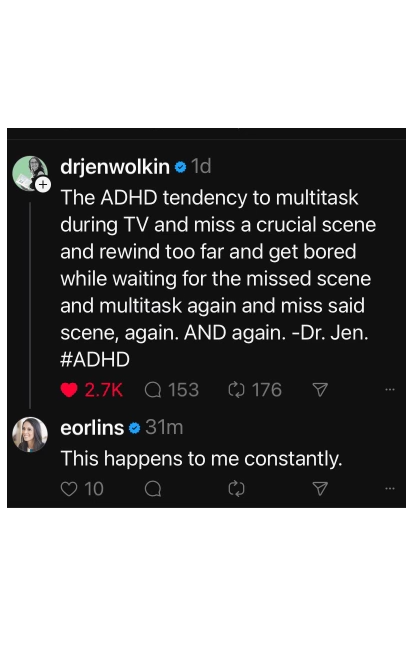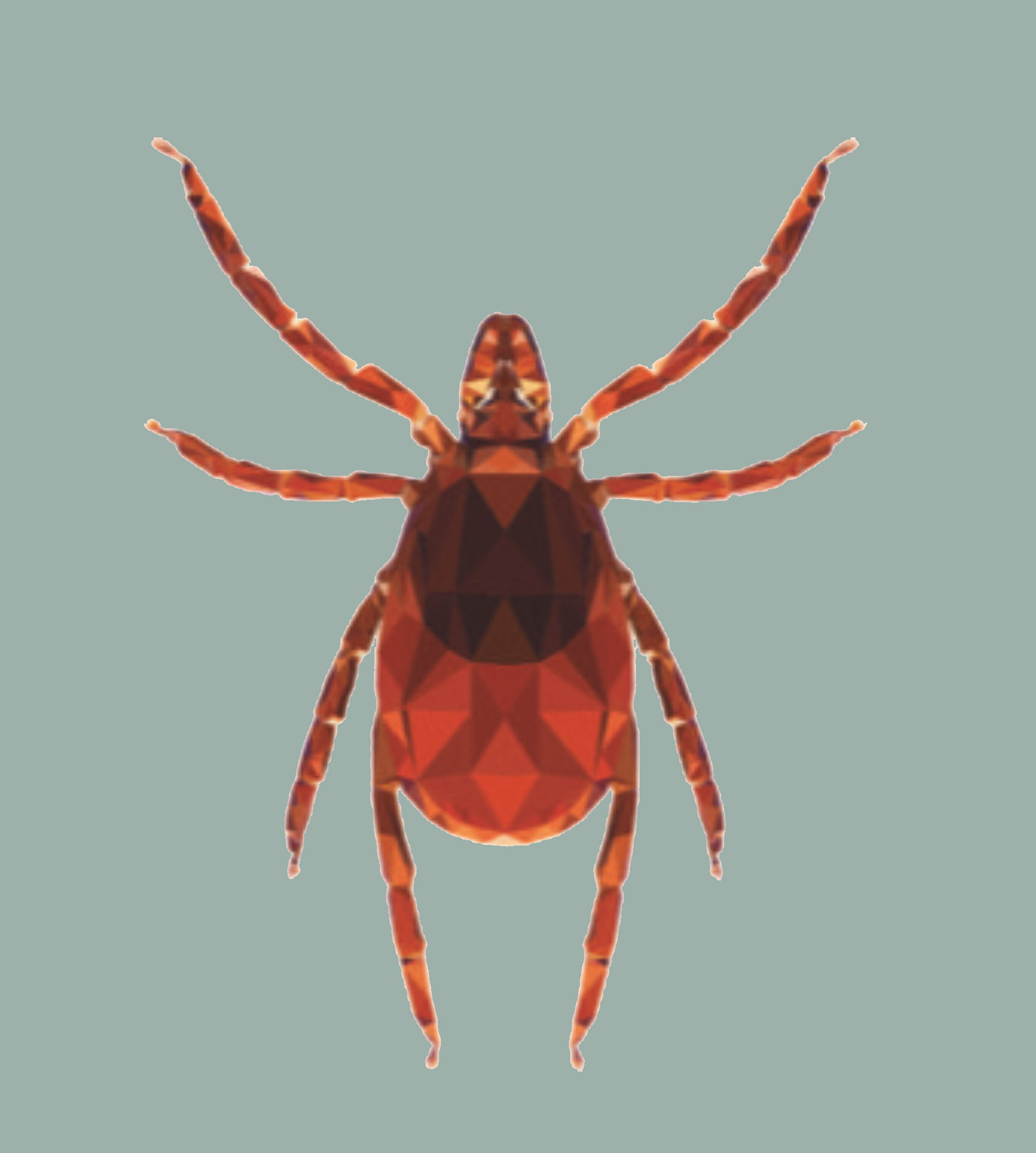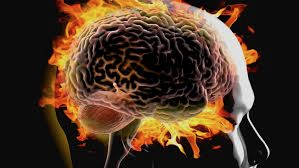I love the word “neurospicy.” It’s a lot less heavy than the term neurodivergent. An estimated 15-20% of Americans are considered neurodivergent, but what exactly is neurodivergent, anyway? A lot of different conditions fall under the umbrella of neurodivergent: autism spectrum, ADHD, dyscaculia, dyslexic, dyspraxia, Tourette syndrome, mental health, and, this one is interesting, “acquired neurodiversity.” That one means neurodiversity as a result of an injury or illness that affected the brain. If you look up the term “neurospicy,” the etymology is murky. It is credited to the autism community, who wanted a better term for themselves than neurodivergent. It has been adopted by the ADHD community, too, for obvious reasons.
Katie is neurospicy. I’ve known that since she was little, but it took a long time to understand exactly what that meant for her life. Being neurospicy doesn’t affect a person only in a work or academic setting. It colors every swath of life in a whole variety of ways. I have been following ADHD groups for a while because Katie is wasabi neurospicy. She is working hard to figure out ways to coexist with her spiciness. It impacts both her work life and her personal life. A couple of weeks ago she wondered aloud what her life would have been had she been properly treated and diagnosed as a child.
We talked about where it came from: me or her father. Obviously I was keen to blame any of her more problematic traits on him, but it’s not that cut and dried. In my defense, as an adoptee, I had no family members to compare both of us to. People with big, connected families with the same genes recognize shared traits, including neurodivergence. One of my friend’s family privately calls the streak of autism in the family the “goofy gene.” I think that makes it easier for some people to learn to deal with their spiciness partially because they can see someone like them. Katie is the only person I know like me, because she is my only genetic
In the end, it doesn’t matter where it comes from, it is how you deal with it. I suspect I have always been on the high functioning, lower end of the ADHD spectrum (my inability with time and dates, hello?). Now, through the neurological havoc Lyme has wreaked in my brain, I have a stronger, acquired spiciness.
There has to be some good things about ADHD, right? As it turns out, there are! This article lists such skills as being able to hyperfocus (check), being resilient, (double check), having great conversational skills (I like to think I do), being high energy (possibly?), and being spontaneous and courageous (debatable).
In support of Katie’s quest, I continued to read about ADHD and neurodivergence. I saw myself in many of the comments and stories on the ADHD threads I follow, but the one that got me was this one.

This is me! Still, I resisted giving myself the label. I don’t know why, except I don’t always like labels.
It might be that I had no experience in feeling any other way, too. That changed earlier this year after I read about a new treatment for Lyme disease brain fog. I asked my LLMD to let me try it and he prescribed guanfacine, a blood pressure medication, and NAC (N-acetyl cysteine) for brain fog . The combination has worked fairly well for me.
After I turned sixty-five and had Medicare, I sought treatment for the chronic dry cough I’ve had for over twenty-five years. My gastroenterologist seems determined to figure it out. She told me there is growing evidence that vagus nerve disfunction can cause a chronic cough. Who knew? I’m not sure I even knew I had a vagal nervous system, nor that it affected digestion, heart rate, and the immune system. Weird as hell that I was blissfully unaware of this whole part of my body, especially since I have had to monitor all the other parts for so long. She prescribed low-dose amitriptyline to regulate what she described as “vagal neuropathy.”
These off label drugs intrigue me. Guanfacine is a blood pressure medication that is also used for ADD now. Amitriptyline is a tricyclic antidepressant that is used for, duh, depression. The list of medications used for “off-label” is long, and growing, and I wonder how they happen. Do patients come in and say, “Gee, doc, I started taking this medication and lost 20 lbs!” or “My blood pressure is down, but the strangest thing is that I’m thinking more clearly.”
That’s exactly what happened to me. I noticed one day that I was able to concentrate on one thing far more easily than in the past. My brain was ping-ponging from one idea to another in a different way. I felt…productive and clear-headed. It was a similar feeling to getting glasses for the first time. I didn’t have this low hum of anxiety and depression that has been with me since Lyme, and possibly long before. I just didn’t know there was any other way to be.
I have to own that I’m the one that shares the neurospicy with Katie. I even have a touch of misophonia, only I had no frickin’ idea that the surge of anger and revulsion when I hear cardboard tearing, or gum smacking, or the worst, when someone is snapping dental floss through their teeth was because of an actual condition.
Katie and I talk a lot, sometimes more than once a day, sometimes for an hour. We text, too. I would be embarrassed about that, but I’m not. I just like talking to her. She’s mercurial, opinionated, funny, and a little left of center. I describe her as “quirky,” but in reality, she’s neurospicy, and so am I.


Leave a Reply